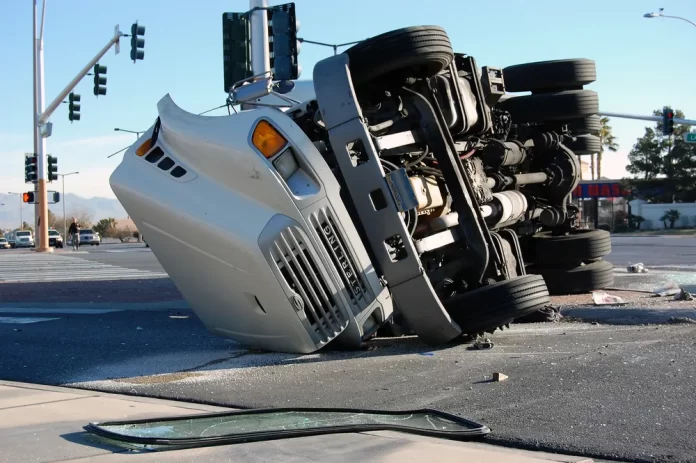Due to the difference in the size and weight of both types of vehicles, accidents involving trucks and passenger vehicles have an increased likelihood of death and major injury. According to the Federal Motor Carrier Safety Administration, human error is the cause of 87% of truck accidents.
Still, inadequate vehicle upkeep is also to blame for a further 10% of collisions. Even the most careful truckers can occasionally make mistakes, and most truck drivers and trucking companies take great care to maintain their truck fleets. You can hold negligent parties accountable and receive compensation if you are involved in a truck accident.
How can inadequate maintenance cause truck accidents?
Below are a few of the most common consequences of poor vehicle maintenance:
- Blowouts
A blowout happens when a truck’s tire deflates rapidly and suddenly. When that occurs, the vehicle is significantly more challenging to control and is prone to jackknife. Poor tire maintenance, such as underinflation or vehicle overload, can lead to tire blowouts. Environmental factors that contribute to tire blowouts include high temperatures and potholes.
- Brake failure
Vehicle braking systems work by applying friction to several pads to stop the vehicle’s wheels from turning. These brake pads must be maintained and eventually replaced since they lose effectiveness over time. When brakes fail because of insufficient upkeep or repair, a truck could veer off the roadway and crash with anything in its path.
- Coupling failure
The driver sits in the truck’s cab, which comprises two pieces, while the cargo is carried on the trailer. A coupling mechanism comprising a fifth wheel, a kingpin, and a network of wires connects these two parts. If this connection system is not correctly fastened, the truck’s trailer could separate from the cab and collide with neighboring automobiles.
- Unsecured loads
Each truck has a specific weight limit capacity, which is then organized and secured within the trailer to prevent it from moving while in transportation. This cargo can shift and modify the truck’s center of gravity if it is not safely secured, which might cause the truck to flip over or veer off track.
- Violation of inspection requirements
The Department of Transportation, which regulates the trucking industry, requires that all trucks weighing over 10,000 pounds undergo an annual examination to ensure they are in a safe operation state. These thorough inspections call for the inspector to review each element of the truck’s physical security, including its brakes, tires, and coupling systems. Safety risks may go undetected and eventually result in accidents if a trucking company neglects to submit its trucks for an annual inspection or if the auditor cannot perform thorough research.







